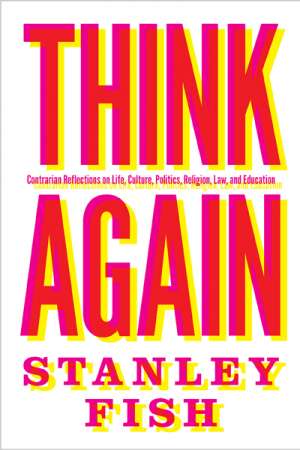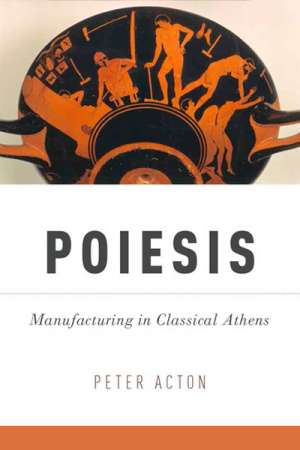Glyn Davis
Originally published in German, Albrecht Dümling’s The Vanished Musicians: Jewish refugees in Australia (Peter Lang), a fascinating compendium of Jewish musicians who found refuge in Australia in the 1930s and 1940s, is now available in Australian Diana K. Weekes’s excellent translation ...
... (read more)Should American academics boycott contact with Israeli universities in protest against events in Palestine? The issue has been fiercely debated at many American colleges, argued at meetings of the American Association of University Professors, dilated in the broader media. Those supporting a boycott, writes Stanley Fish in Think Again, rely on an expanded d ...
Jennifer Maiden's The Fox Petition: New Poems (Giramondo) conjures foxes 'whose eyes were ghosts with pity' and foxes of language that transform the world's headlines
... (read more)‘There’s a greater problem here. This is a president who won’t proudly proclaim American exceptionalism, maybe the first president ever who truly doesn’t believe in that … Look at his foreign policy. Doesn’t believe [in] America as a force for good, it doesn’t seem. Seems like instead, he believes in multilateralism as a goal, not a tactic. He allows f ...
Glyn Davis reviews 'Poiesis: Manufacturing in Classical Athens' by Peter Acton
On what terms should we interrogate the past? Ancient life can seem essentially unknowable, a place where everything is different, glimpsed only in the words of those who lived then and surviving traces of material culture.
The Cambridge classical scholar Sir Moses Finley argued for an interpretation of ancient life bounded by then current civic and religious beliefs. Finley’s The Ancient Economy (1973) suggested that economic life in classical Greece and Rome was not distinct and separate, with its own language, but was tied intimately to social life. We err therefore by translating current notions of economic motivation to a world of slaves and gods, closeted women, and limited technology. The ancients did not dwell on capital formation, efficiency, or economic growth.
... (read more)Books of the Year is always one our most popular features. Find out what our 41 contributors liked most this year – and why.
... (read more)Glyn Davis reviews 'Just Freedom: A moral compass for a complex world' by Philip Pettit
In a recent Prospect interview, distinguished Princeton and ANU scholar Philip Pettit described political philosophy as a conversation around various themes. Some voices focus on power or freedom, others on democracy or the nature of the state. The conversation should extend beyond the academy, argued Pettit, to embrace public intellectuals, journalists, commentators, political scientists, activists, and government.
... (read more)Glyn Davis reviews 'Fire and Ashes: Success and failure in politics' by Michael Ignatieff
Knowledge gained through academic life is no preparation for political practice. So found Michael Ignatieff, the distinguished Canadian historian and public intellectual. In October 2004 he was teaching at Harvard University when approached by ‘three men in black’. These Liberal Party power brokers suggested Ignatieff leave the classroom and run for office. Fire and Ashes tells what happened next. By January 2006 Ignatieff found himself in the House of Commons in Ottawa. Less than three years later he was leader of the Opposition.
... (read more)Glyn Davis reviews 'The Making of Modern Liberalism' by Alan Ryan
In a famous essay on poetry, English philosopher Michael Oakeshott evoked the metaphor of conversation to describe how people share and discuss ideas. A conversation, suggested Oakeshott, allows a continuous discussion between past and present, between the thought of earlier generations and the pressing needs of the present. A conversation is not a search for truth or even facts, but an endless dialogue among diverse voices.
... (read more)What happens if we take seriously the metaphor of a marketplace of ideas? Philosopher John Armstrong and economist Carsten Murawski recently tested that question in an article on theconversation.edu.au, by exploring the implications of a market logic for higher education (20 March 2012).They argued that student choice would remodel the teaching and research agendas of our universities – not instantly but over time, much as water carves out shapes in sandstone. The online response was instant, and unambiguous. Academics and doctoral students rejected the language of markets as profoundly hostile to their vision of a university. If students start paying for instruction, said one respondent, institutions will soon pander to ‘the lowest common denominator amongst student interests’.
... (read more)






